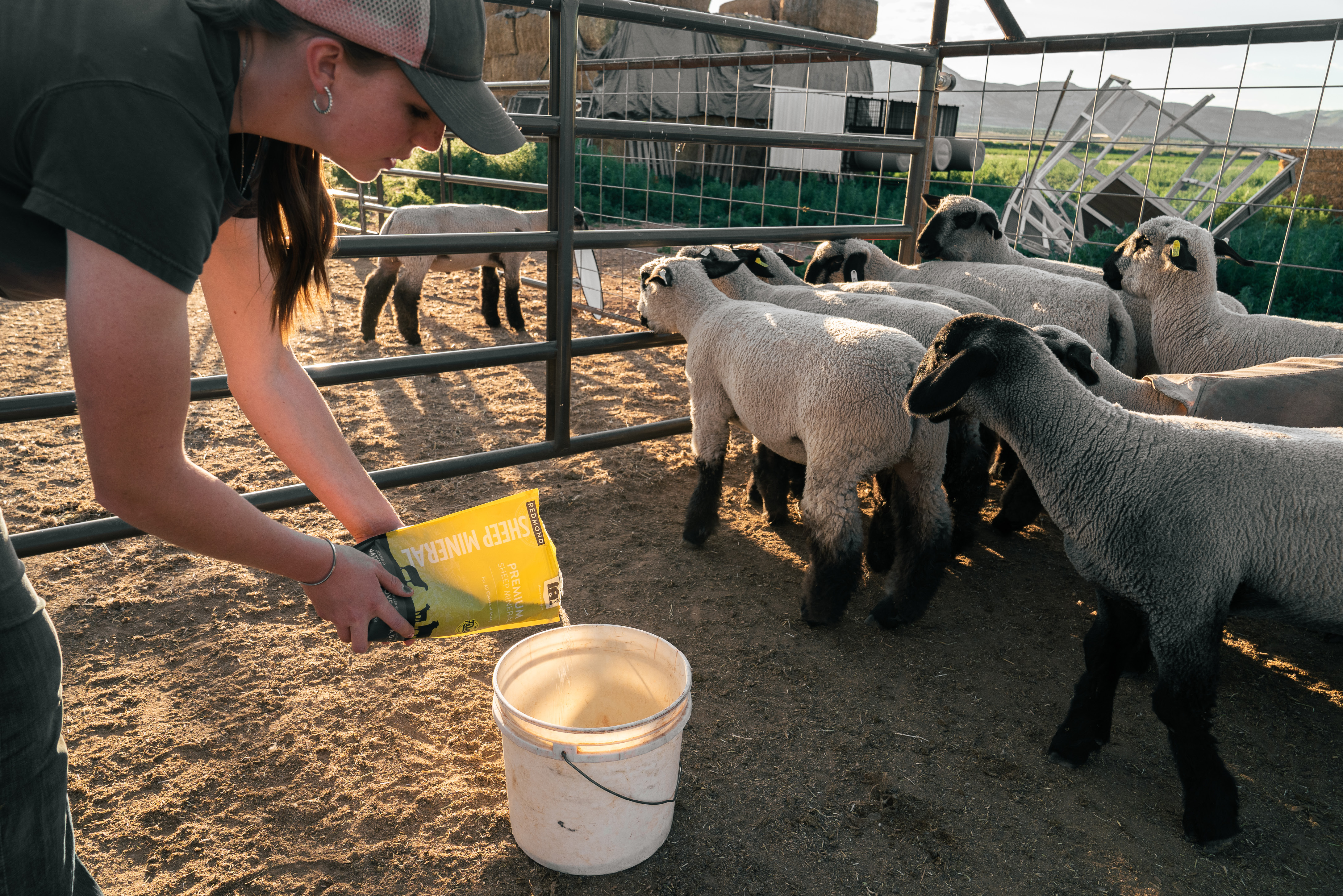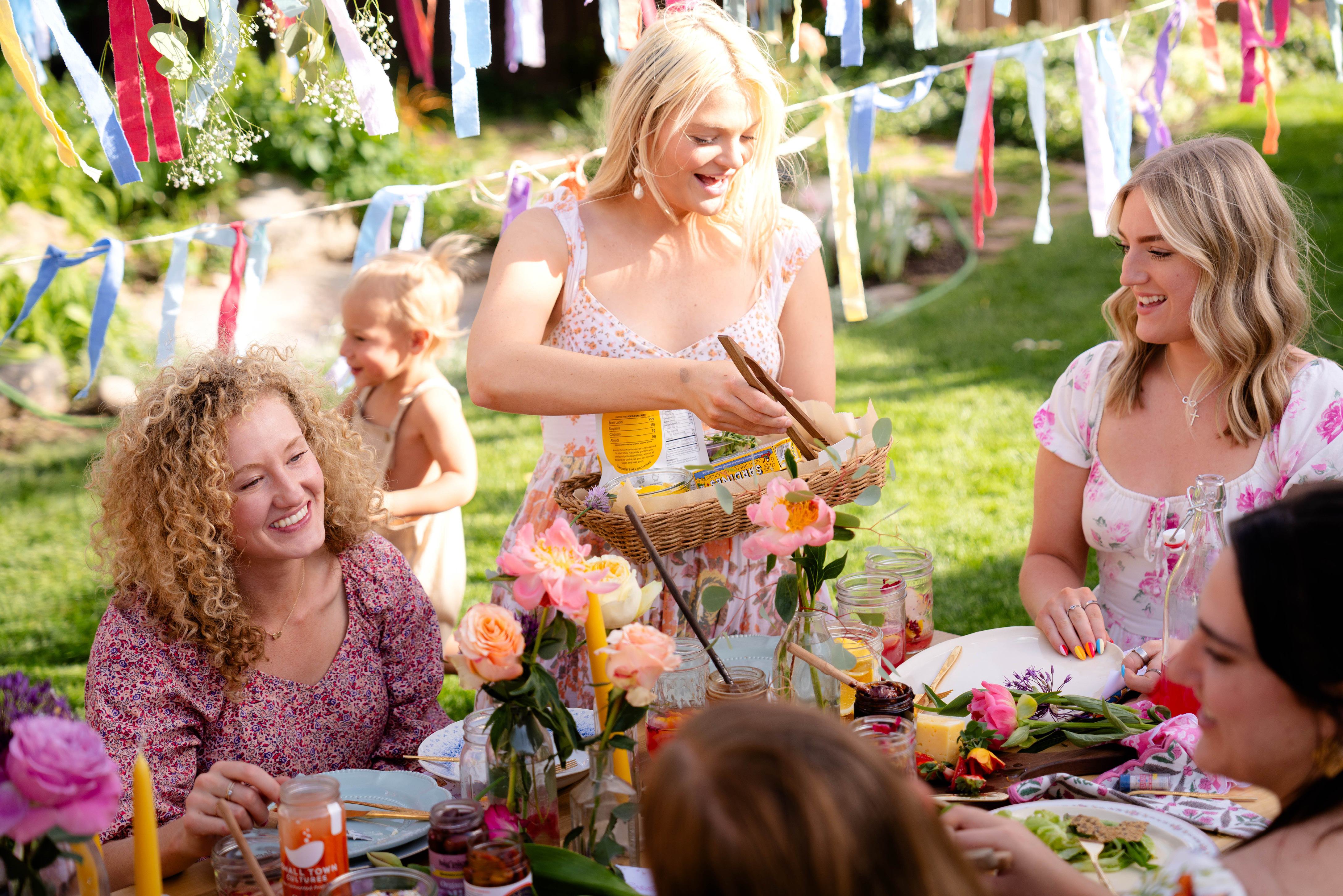Time to read:
Article at a glance:
- Spacemaking is creating room for others to grow, be seen, and make meaningful contributions. It’s an act of love and trust.
- Inspired by Marcus Buckingham’s story, the post shows how control stifles growth, while space empowers it.
- At Redmond, we practice spacemaking through Ubuntu, Occhiolism, collaboration, and designing roles around strengths.
- It’s not just a work concept. It’s a human way of being that fuels belonging and transformation.
In his talk “The Speech I Never Intended to Give,” Marcus Buckingham shares his thoughts on an experience that turned his life upside down: His ex-wife’s involvement in the College Admission Scandal, where several parents paid a collective $25 million for a proctor to fabricate their children’s SAT and ACT scores.
When the truth came out at her arrest, Marcus and his children were devastated.
In his talk, Marcus explains that this experience was so painful for his children, because it was the opposite of “spacemaking.”
What is spacemaking?

Spacemaking is creating the space for each other to be our unique selves, to learn, to make mistakes, and ultimately, to grow. It’s empowering each other to be the best versions of ourselves and make our highest contributions.
As Buckingham says, “Love is spacemaking. When you take away the space, you take away the choice. When you take away the choice, you take away the learning. When you take away learning, you take away growth. When you take away growth, you take away love.”
Marcus shares a story: As a child, he had a severe stutter. One day, he was appointed to read aloud at his school the following day. He rushed home to tell his mother, who, instead of immediately calling the school to excuse him from the task, said, “That will be lovely, poppet.” (His family is very British, by the way.) So Marcus read aloud, and to his (and probably everyone’s) surprise, the stutter was nowhere to be found.
His mother had no idea this would happen, but she created the space for him to try, to grow, to fail, and to learn. He might have floundered, and then what? She would have loved him and been proud of him anyway.
That’s pacemaking.
What does this look like at Redmond?

Spacemaking is baked right into our Redmond culture through our core values and practices.
Here are just a few examples of how we create space for one another to grow at Redmond.
Core Values (shout out to Occhiolism and Ubuntu)
Ubuntu—especially the part about seeing each other—is one of the most powerful spacemaking activities we can do.
Marcus Buckingham said the most painful part of his children finding out their mother had cheated for them was feeling unseen. Yes, the children in this scandal were heartbroken because their parents didn’t have faith in them, but also because this fabrication indicated their parents’ refusal to see them for who they are.
His children's mother's actions were probably well-meaning, but didn’t come from a place of love and Ubuntu. They came from fear.
“You can’t love what you can’t see.” - Marcus Buckingham
Occhiolism helps us value others’ perspectives because we know our own is limited. When we listen to and value these other viewpoints, we can see and appreciate the person and what they bring to the table.
Candor and consideration
Cultivating high levels of candor AND consideration helps us share what we’re seeing while also considering the impact of our words on another person. This helps us communicate how someone is or isn’t helpful, what is and isn’t working (from our perspectives), and moving through conflict in a way that helps everyone grow.
Collaboration
When we collaborate, we make space for everyone to use their strengths and offer their perspective. That’s what true collaboration is.
The Three Circles Journey
Your whole journey at Redmond boils down to making your unique contribution, and the Three Circles Journey breaks this into three areas to explore: where you’re helpful, where you’re wired, and what fills your cup.
Strengths and tasks vs roles and position
Instead of shoving people into boxes and requiring them to fit a job description, we want everyone to explore and develop their unique strengths, and mold their roles around those. We custom build the role instead of retrofitting the person.
The expectation to share what we’re seeing.
We don’t hire people from the neck down. At Redmond, we want you to bring your whole self to work.
We know we need everyone. We want your brain, your creativity, your passion.
We want your perspective and experience that shapes your unique view.
When we ask you to share what you’re seeing, we’re asking for all of that.
Serendipity and trusting the process.
We believe in leaving room for people to surprise us instead of sticking stubbornly to our idea of them. This means moving beyond first impressions, hiring for culture fit more than skills fit, and expecting roles to evolve around a person’s strengths.
Shared leadership (aka being a “Leaderful” organization)
Instead of dumping all leadership tasks on one person, we all lead out in areas where we’re strong so we can combine our contributions to create something greater.
Spacemaking is a human thing, not just a work thing.
Spacemaking is a practice, a way of being.
Believe in the uniqueness of an individual. Believe in the mystery, that there’s always more to learn about someone!



